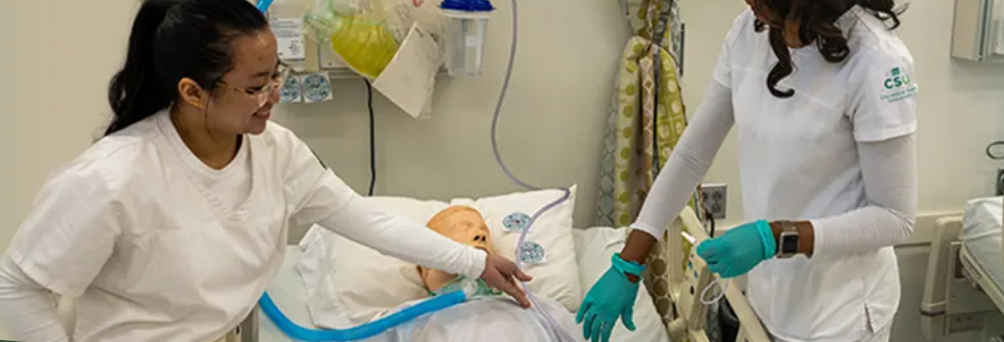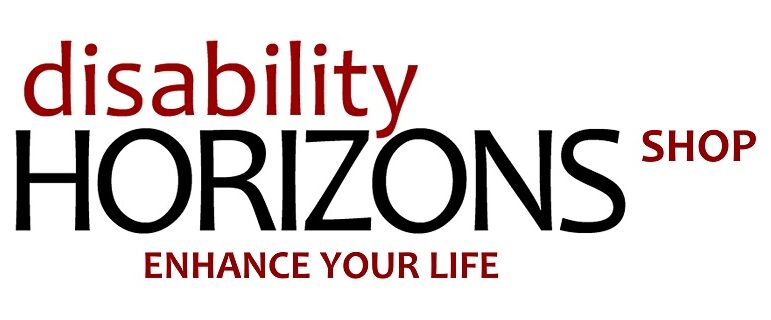Understanding the Landscape of Healthcare Employment for Disabled People
The healthcare sector is often seen as a symbol of progress and care, where new medical breakthroughs and patient support come together to make lives better. However, finding jobs in this field can be challenging, especially for disabled people. Even though there have been improvements in job opportunities for disabled people, there are still gaps, particularly in the healthcare industry.
For those interested in pursuing a career in healthcare, education is a crucial step. Programmes like the ABSN pathways offer flexible pathways for individuals, including disabled people, to enter the nursing profession. These programmes can help bridge the gap by providing the necessary skills and qualifications to thrive in healthcare roles.
| Key Takeaway | Description | Source |
|---|---|---|
| Disabled people in the UK are nearly twice as likely to be unemployed as non-disabled people | Employment rate for disabled people was 54.2% compared to 82.0% for non-disabled people | Office for National Statistics (ONS) |
| Healthcare organisations are increasingly recognising the value of inclusivity | NHS has introduced the Workplace Disability Equality Standard (WDES) to improve workplace experiences of disabled staff | NHS |
| Medical transcriptionist role is crucial for maintaining accurate medical records | Demand for medical transcriptionists is expected to remain steady, with a median pay of $37,000 annually | Bureau of Labor Statistics |
| Pharmacy technician role is accessible to individuals with various conditions | Current representation of disabled people in pharmacies is very low, ranging from 0% to 3% | Community Pharmacy Workforce Survey 2021 |
| Remote cardiac and ICU monitoring roles are increasingly important | Global remote patient monitoring market is projected to grow at a CAGR of about 20% from 2023 to 2028 | |
| Patient navigation has been shown to reduce hospital readmission rates | Patient navigators play a critical role in patient outcomes | BMJ |
| Nurse researchers play a crucial role in advancing medical knowledge | Research nurses are essential for supporting patients through the whole process of taking part in research | National Institute for Health Research (NIHR) |
| Including disabled people in the healthcare workforce is a strategic imperative | Diverse teams bring a variety of perspectives, leading to better problem-solving and innovation | McKinsey |
| Universal design principles are being increasingly adopted in healthcare settings | Making workplaces more accessible to disabled people | World Health Organization |

The most recent data available indicates that disabled people in the UK are nearly twice as likely to be unemployed as non-disabled people. According to the Office for National Statistics (ONS), as of October to December 2023, the employment rate for disabled people was 54.2%, compared to 82.0% for non-disabled people. Additionally, the unemployment rate for disabled people was 5.6%, which is higher than the 3.6% rate for non-disabled people.
This gap is often due to the way job applications are handled and false ideas about what disabled people can do.
Despite these challenges, the healthcare sector remains a largely untapped industry where disabled people can thrive.
Healthcare organisations are increasingly recognising the value of inclusivity, implementing initiatives that go beyond mere compliance. For example, the NHS has introduced the Workplace Disability Equality Standard (WDES) to help measure and improve the workplace experiences of disabled staff .
Pursuing Nursing Education:
Exploring Disability-Friendly Roles in Healthcare
The healthcare industry is far more than just doctors and nurses; it encompasses a wide range of roles that can be performed by people from all walks of life, including those with disabilities.
Miller-Motte College provides thorough training for careers in healthcare. Their Dental Assisting Program teaches students the key skills needed for success in dental assisting. This program offers an inclusive learning environment for those looking to grow and make a difference in the field.
| Job Title | Description | Key Points |
|---|---|---|
| Medical Transcriptionist | Listens to recordings from healthcare professionals and types them into reports. | Often done from home, crucial for maintaining medical records, pays about $37,000 annually. |
| Pharmacy Technician | Assists pharmacists with labeling medications, managing inventory, and supporting customers. | Accessible role for disabled people, requires some medical knowledge. Low current representation of disabled people. |
| Remote Monitoring Roles | Monitors patient data remotely, especially in cardiac and ICU care. | Growing field with increasing remote work opportunities. |
| Patient Navigator/Health Coach | Guides patients through the healthcare system, helping them navigate complex processes. | Requires good communication skills and empathy, helps reduce hospital readmission rates. |
| Nurse Researcher | Conducts clinical trials and studies to advance medical knowledge. | Involves data gathering and analysis, suitable for working from home. |
Medical Transcriptionist
A medical transcriptionist listens to recordings made by healthcare professionals and transcribes them into written reports. This role is crucial for maintaining accurate medical records and can often be performed from home or in a medical facility. According to the Bureau of Labor Statistics, the demand for medical transcriptionists is expected to remain steady, with a median pay of $37,000 annually.
Similar roles to medical transcriptionists include:
- Medical Scribe: Responsible for documenting patient records under the supervision of a physician. This role does not require previous experience and can be an excellent entry-level position in the healthcare industry.
- Medical Billing and Coding Specialist: Ensures accurate billing and coding for patient records. While certification is required, it doesn’t necessarily require previous experience.
- Medical Receptionist: Responsible for scheduling appointments, greeting patients, and maintaining patient records. Previous experience is helpful but not always necessary for this entry-level position.
- Medical Assistant: Works alongside healthcare professionals to perform administrative and clinical duties. Certification is required, but previous experience is not always necessary.
- Health Information Technician: Responsible for organizing and maintaining patient records. This role requires an associate degree but doesn’t necessarily require previous experience.
These roles offer opportunities for individuals interested in the healthcare sector but lack experience in medical transcription.
Pharmacy Technician
Pharmacy technicians assist pharmacists by labelling medications, managing inventory, and providing general support. This role requires some medical knowledge but is not overly physically demanding, making it accessible to individuals with various conditions.
There may be opportunities in pharmacies for disabled people, as the General Pharmaceutical Council emphasizes the importance of inclusion and diversity in the pharmacy profession, including efforts to support and employ individuals with disabilities. However, the current representation of disabled people in pharmacies is very low. According to the Community Pharmacy Workforce Survey 2021, the proportion of employees with a known disability in pharmacies was very low, ranging from 0% to 3%
Remote Cardiac and ICU Monitoring
With advancements in telehealth, roles like remote cardiac and ICU monitoring have become increasingly important. These positions involve monitoring patient data from remote locations and notifying on-site staff of any irregularities. The global remote patient monitoring market is projected to grow at a compound annual growth rate (CAGR) of about 20% from 2023 to 2028, reaching a value of approximately $42 billion by 2028.
Remote working
According to recent statistics, 25% of UK employees continued to work from home at least part-time in 2022, and 13% worked exclusively from home. This shift towards remote work highlights the potential for growth in remote monitoring roles, which can be performed from home and offer flexibility and work-life balance.

Patient Navigator or Health Coach
A patient navigator helps guide patients through the complexities of the healthcare system. This role requires excellent communication skills, empathy, and problem-solving abilities—qualities often found in those with lived experiences of disability. According to a study published in the BMJ, patient navigation has been shown to reduce hospital readmission rates, highlighting the critical role navigators play in patient outcomes.
Nurse Researcher
Nurse researchers play a crucial role in advancing medical knowledge by conducting clinical trials and studies. These roles are primarily academic and involve gathering and analyzing data, making them suitable for those with disabilities. According to the National Institute for Health Research (NIHR), research nurses are essential for supporting patients through the whole process of taking part in research and ensuring that studies run smoothly and safely.
The Future of Inclusive Employment in Healthcare
The future of employment in healthcare is poised to be shaped by technological advancements, societal shifts, and policy changes. While there is still much work to be done, trends like mobile healthcare, remote work options, and improved accessibility are already making a difference. According to a report by the World Health Organization, universal design principles are being increasingly adopted in healthcare settings, making workplaces more accessible to disabled people .
Why Inclusion is a Strategic Essential
Including disabled people in the healthcare workforce is not just about meeting quotas; it’s a strategic imperative. Diverse teams bring a variety of perspectives, leading to better problem-solving and innovation. Moreover, patients benefit from seeing themselves represented in the staff who care for them. According to a study by McKinsey, companies with diverse workforces are 35% more likely to have financial returns above their industry median, underscoring the business case for inclusion .
